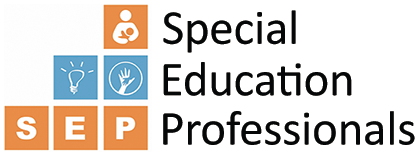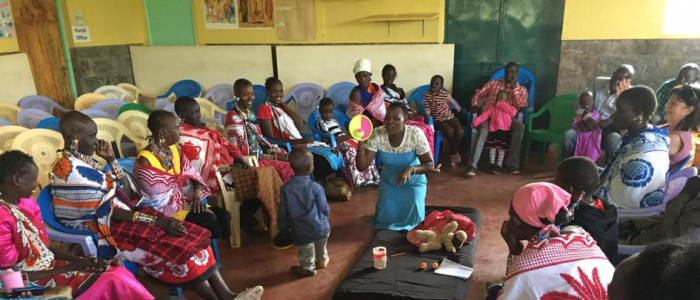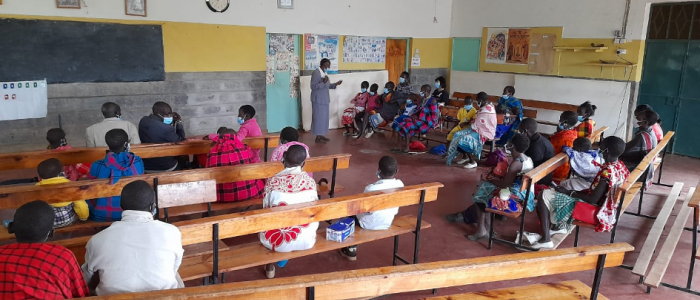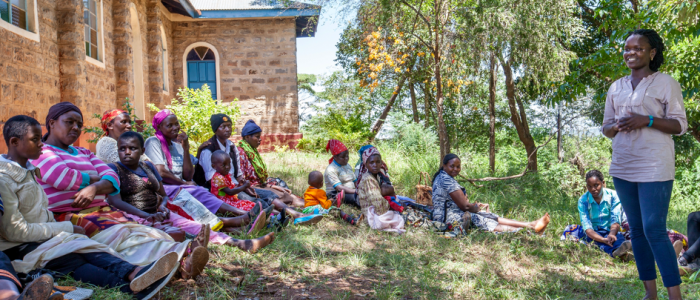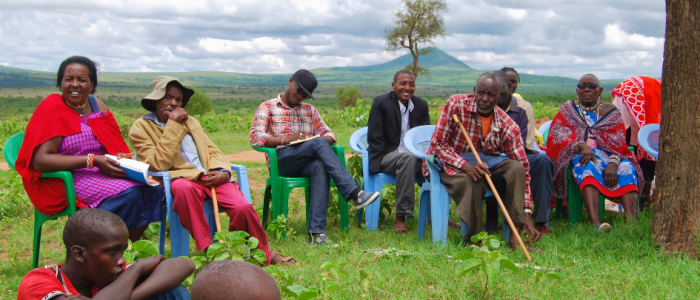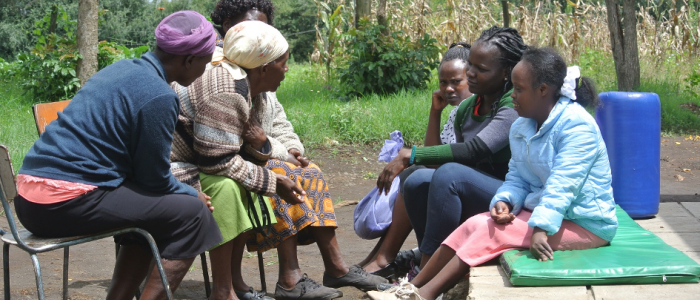Usually, the main carers for children with disabilities are family members, who often have little support. That puts these families under enormous strain. SEP fills this gap, funded by Misereor, with the Wezesha Programme (empowerment in Kiswahili). SEP developed innovative approaches that promote health and well-being of children with disabilities in low resource settings. Furthermore the Wezesha Programme is working on enhancing the communities’ understanding of the rights of children with disabilities and is promoting inclusion at school and in the community.
The programme aims at fostering parents, community workers, and teachers in their role as caregivers and multipliers, in order to transfer skills and information. It targets specifically communities in remote areas where access to health services and therapeutic support is inadequate. During a one week training, participants learn practical skills, how to help their own children with disabilities as well as become peer educators to share their knowledge to help other parents in their community.
After the training, the peer educators identify other families and form support groups. Currently SEP works with 16 support groups. They serve to reduce the sense of social isolation and exclusion of parents. It offers a platform to provide psychosocial support to parents, and a safe place to share experiences. SEP in partnership facilitates registration of children with disabilities and support groups which in turn facilitates access to government funds. Overall, there is an extremely positive response to the established support groups by the participating parents.
